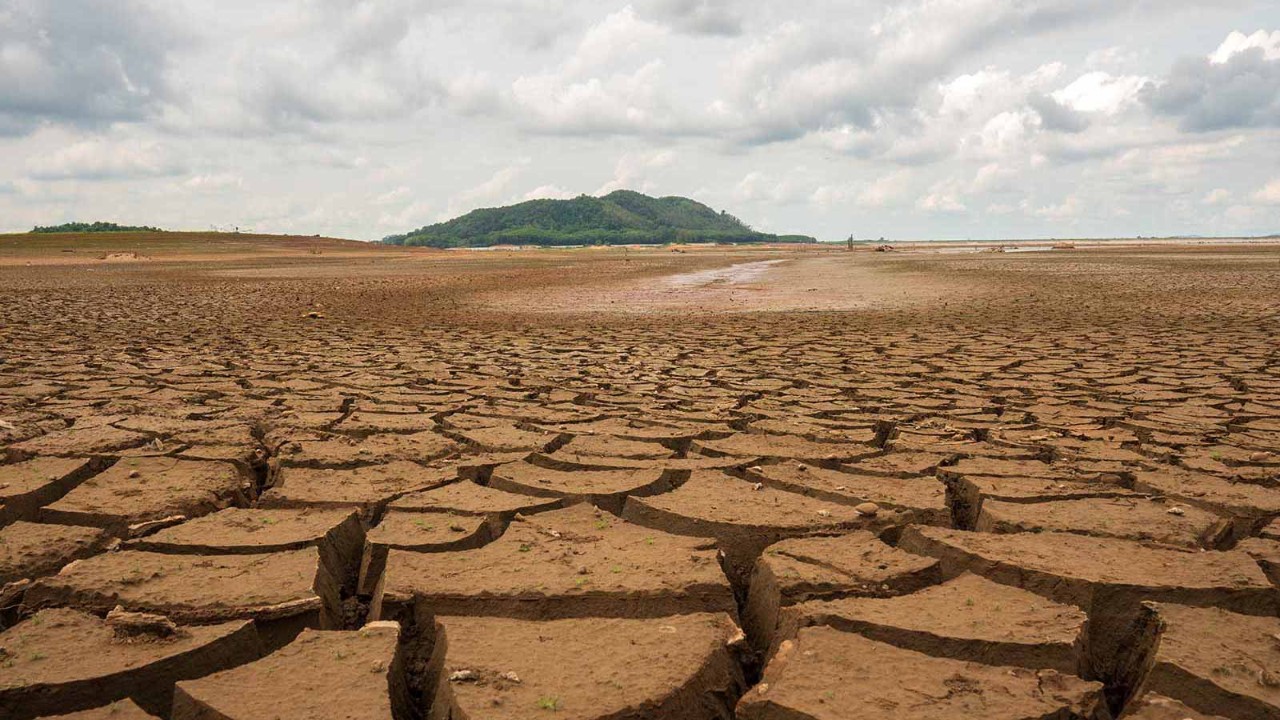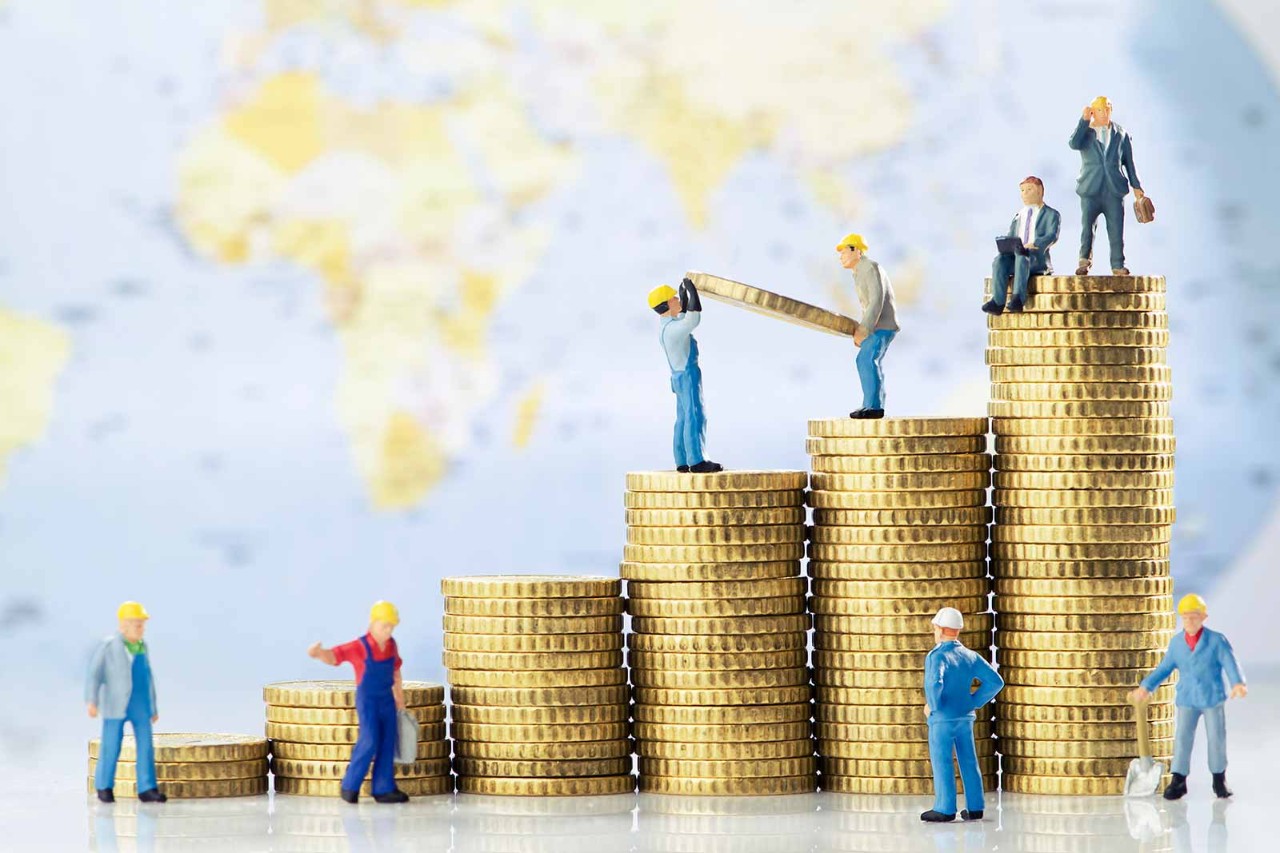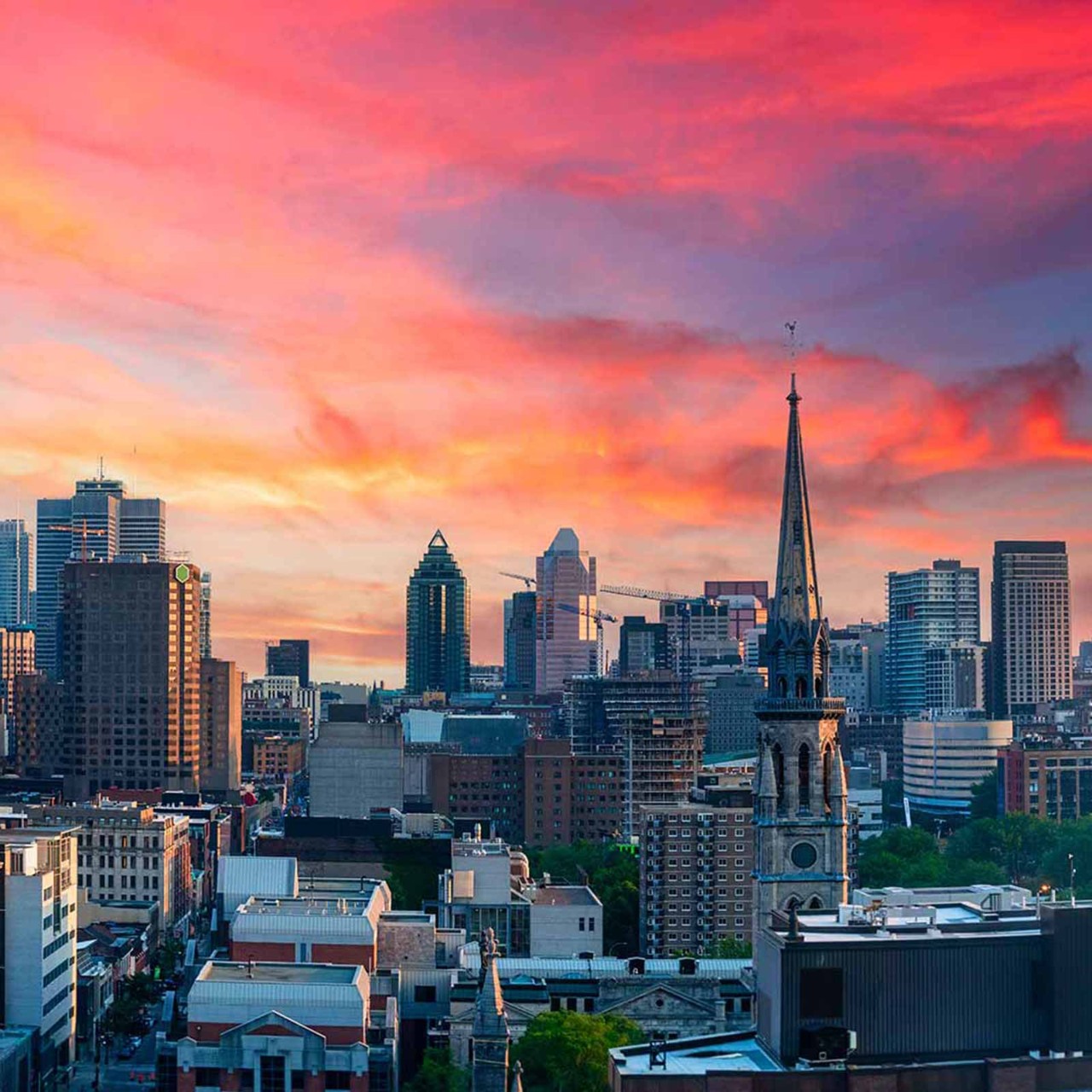
In the blockbuster movie 2012, the Earth’s core overheats, triggering a series of extreme and large-scale natural disasters. The global devastation had been predicted a few years earlier but the information was kept from the public. Instead, the governments of leading nations quietly built giant arks to save the elite few, including those who had forked out huge sums to secure their places in the post-cataclysm plan.
That’s Hollywood fiction. But reality also includes a potentially bleak future for everybody. Unlike in the movie, however, it is no secret that we face the escalating impact of climate change.
Philanthropist Bill Gates warns in a December 2022 blog post that if global net emissions of greenhouse gases are not eliminated by 2050, ‘our grandchildren will grow up in a world that is dramatically worse off’.
In the same post, Gates writes he will become a grandfather this year. To me, it means that when he talks about the fate of ‘our grandchildren’, he sees himself as no different to anyone else in worrying about the quality of life in the decades to come.

There are profound inequalities associated with climate change, and these must be taken into account when formulating environmental policy
Economic injustice
Nevertheless, wealth and power make a difference. This is made doubly clear in a recent report by Paris-based World Inequality Lab (WIL), a research outfit that works on deepening the understanding of the drivers of inequality worldwide.
Released in late January, WIL’s Climate Inequality Report 2023 kicks off with this quote: ‘The climate crisis is a case study in moral and economic injustice.’ The line is from a speech the United Nations secretary-general António Guterres gave to the UN General Assembly in September 2022, and it sets the tone for the rest of the report.
WIL’s main point is that there are profound inequalities associated with climate change, and these must be taken into account when formulating environmental policy.
The richest 10% are responsible for almost half of all global greenhouse gas emissions
Humans neither contribute to climate change nor suffer its consequences in equal measure. According to the report, the richest 10% of the world’s population are responsible for almost half of all global greenhouse gas emissions.
Narrow it down to the top 1% and the disproportion swells into a tragic absurdity. The report’s three authors write that ‘the consumption and investment choices of a fraction of the population are causing significantly more ecological harm than [the choices of] the entire bottom half of the world’s population combined’.
What’s more, climate change has more damaging consequences for the poor than the rich, both within countries and across regions. The report points out that poverty and vulnerability to climate hazards are correlated and reinforce each other. It adds that many countries in the global South are markedly poorer today than they would have been in the absence of climate change.
Global wealth tax
The report puts forward several recommendations but the proposal that has received the most attention is the introduction of a global wealth tax to raise funds for climate change adaptation and mitigation. It is not a new idea, but the sense of urgency over the climate crisis is rising and WIL argues compellingly for such a tax.
The authors have calculated that a ‘relatively modest progressive wealth tax’, with rates ranging from 1.5% to 3%, collected from individuals with net assets of more than US$100m, would raise about US$295bn a year. That’s enough to fill the adaptation funding gap in developing countries.
Despite the news headlines on the proposed tax, it is far from a cure-all and nobody believes it would be easy to implement.
Yet, if the wealth tax idea takes off, then at the very least it shows that humanity deserves the chance to continue on the path to global prosperity.




